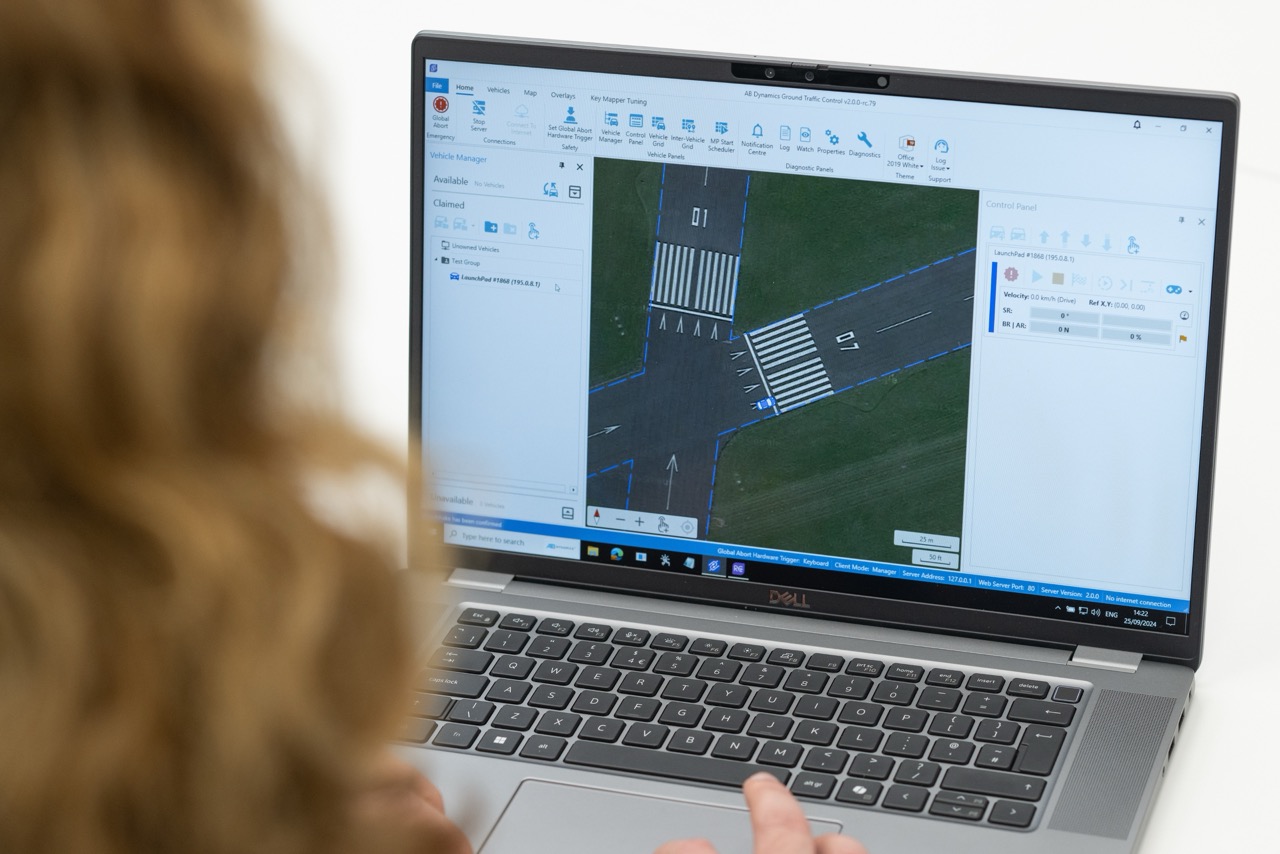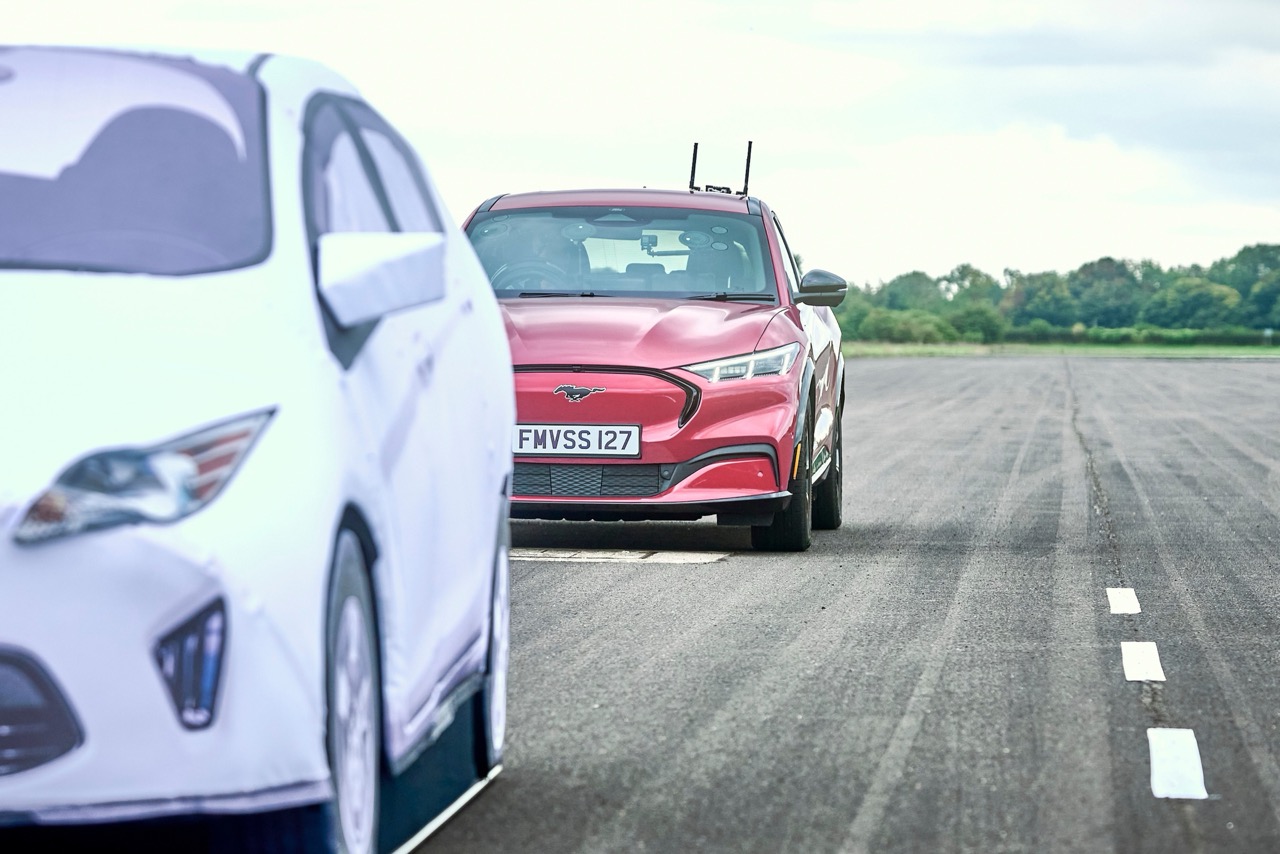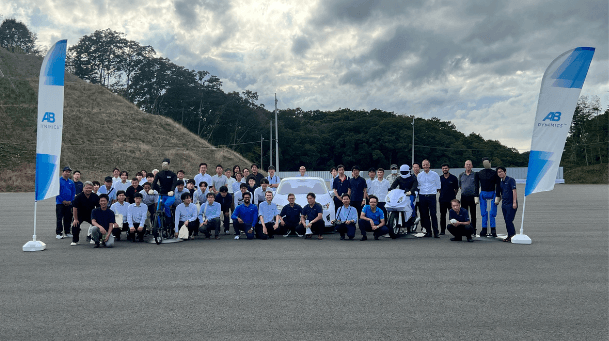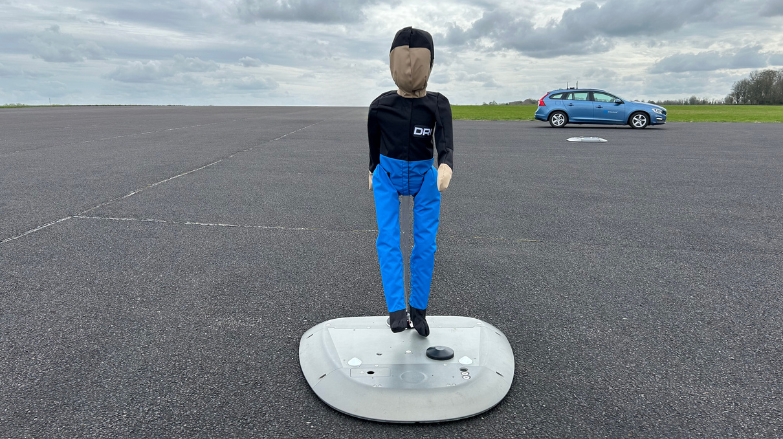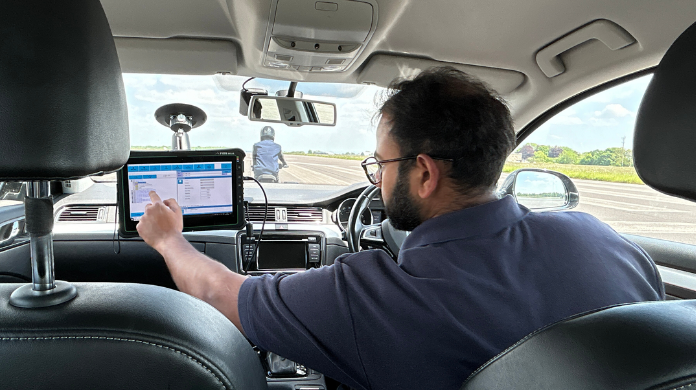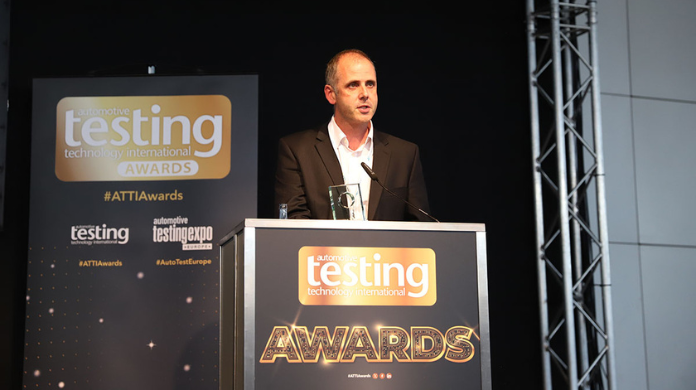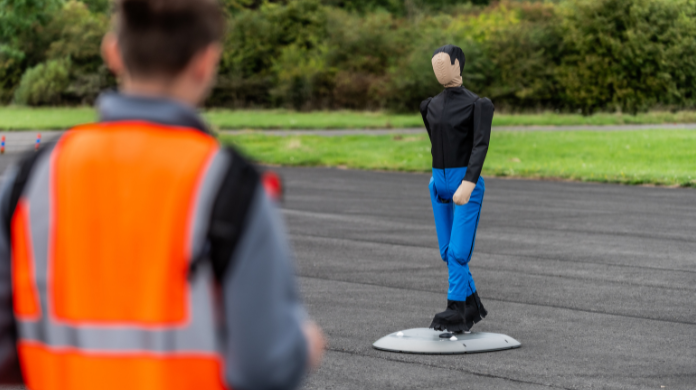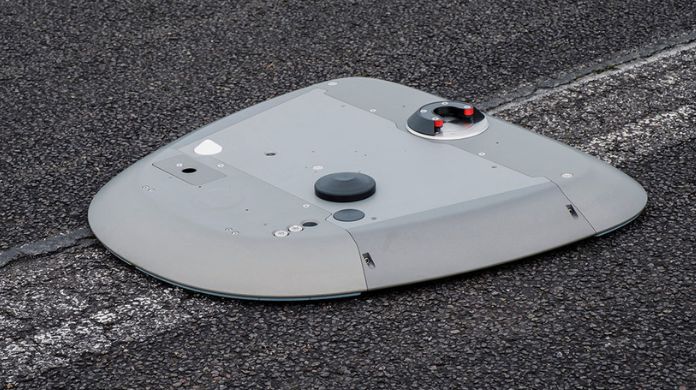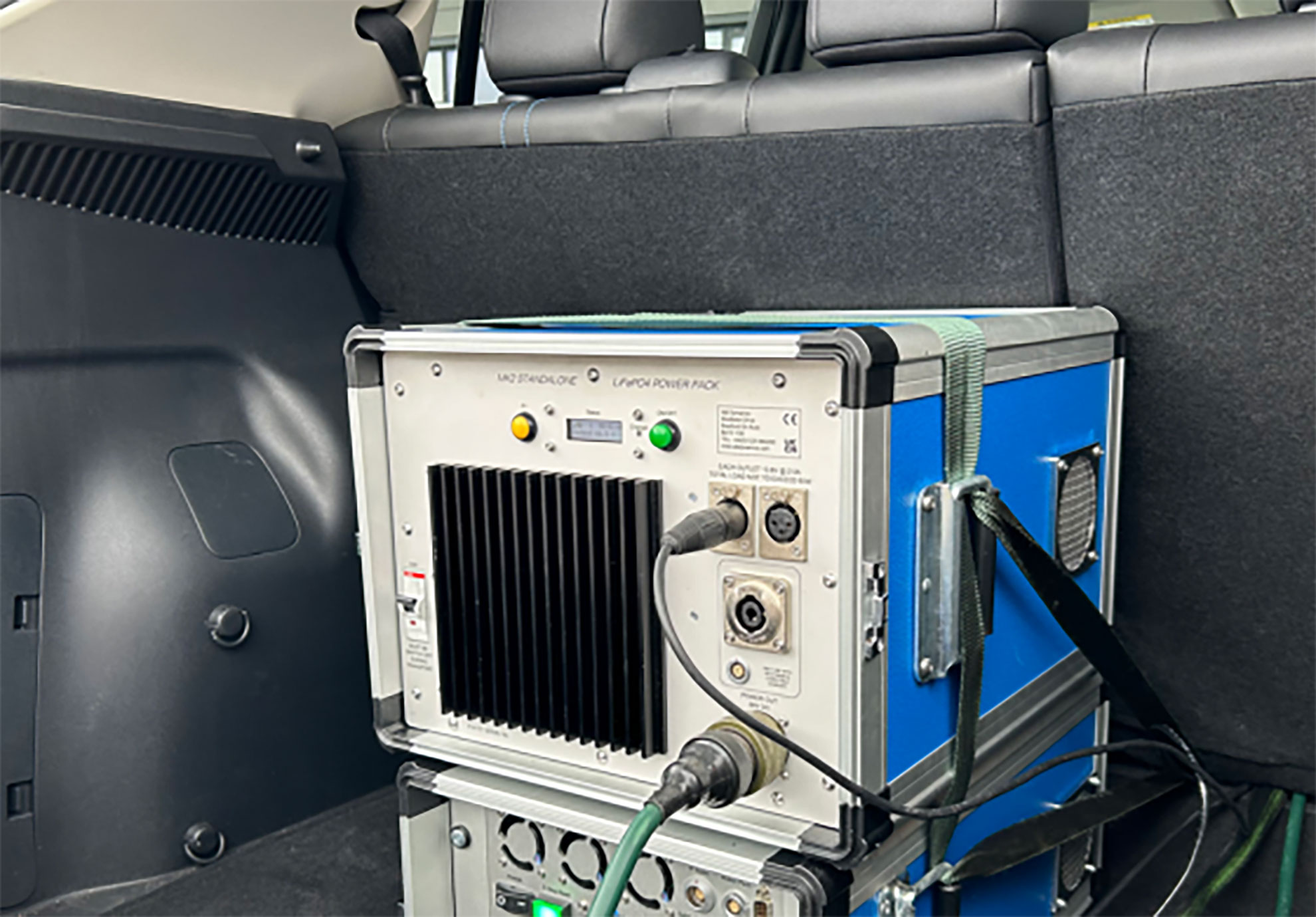AB Dynamics, a leading automotive test systems supplier, claims the recent growth in wireless data transfer from the increasing use of driverless traffic in automotive testing is causing significant issues for the industry.
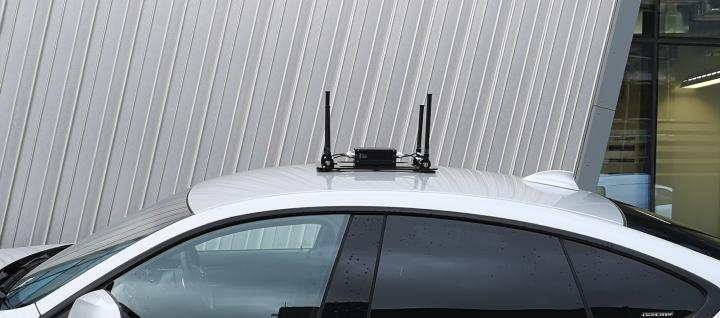
Increasingly complex test scenarios require the use of driverless vehicles and other moving elements, such as ADAS targets, which must all be in constant communication with each other. This increase in data transfer can result in interference and signal dropout, triggering fail-safe architectures to stop the test, meaning that test scenarios have to be reset and repeated.
Because ‘swarm testing’ - where five or more vehicles are being tested at any one time - is now commonplace, the chances of interference increase. And, with more devices using Wi-Fi, the number of costly stoppages during testing are likely to continue on an upward curve without using more robust telemetry solutions.
The challenges are set to become more acute with the proliferation of autonomous vehicles and the expansion of ADAS testing. For example, since 2014 the number of ADAS test scenarios included in the Euro NCAP assessment has increased by 650%.
Jeremy Ash, Sales Director at AB Dynamics, said: “In 2007 we supplied our first driverless test system to Groupe Renault, which enabled them to conduct durability or dangerous tests with a single vehicle without the need for a driver.
“Today, the majority of our customers have a significant number of driving robots, GSTs (Guided Soft Targets) and LaunchPads, to carry out the required testing for modern vehicles. All of these are continuously transmitting data during a test. This level of activity creates interference and disrupted communication between vehicles and base. When this occurs, even for just one second, we stop the test for safety reasons.”
To combat this AB Dynamics has developed TrackFi PowerMesh, an innovative communications system specifically designed for automotive testing. The dual-band IP radio offers highly dependable data transfer from vehicle-to-vehicle and vehicle-to-base through secure mesh networks, which is more reliable than standard WLAN technology.
Renault is already using TrackFi PowerMesh for its testing programmes and is reaping the rewards of this innovative technology.
Grégory Lesueur, ADAS Equipment Coordinator at Groupe Renault, said: “TrackFi PowerMesh has delivered us considerable benefits. We have found it very efficient to use and have experienced enhanced communication between vehicles and ADAS targets. It enables us to achieve so much more in our track testing programme because downtime is significantly reduced."
TrackFi PowerMesh operates across two frequency bands, dynamically switching between 2.4Ghz and 5Ghz RF transceivers, ensuring optimum connectivity between multiple vehicles in a test scenario and secure transfer of high throughput data. It is suitable for use on vehicles in conjunction with AB Dynamics’ ADAS platforms or as static nodes to mount trackside.
“We have designed the latest generation radio to provide a high level of modularity, ensuring that it is suitable for as wide a range of test scenarios as possible,” added Ash. “For example, the four omni-directional antennas are foldable, making it ideal for ADAS testing where collision with a Guided Soft Target could otherwise cause damage. Static nodes can also be hardwired to a power supply for permanent use or used with portable battery packs for up to 24 hours between charges for flexibility of testing. The entire system can be easily set up or transferred between vehicles, targets or locations.”




